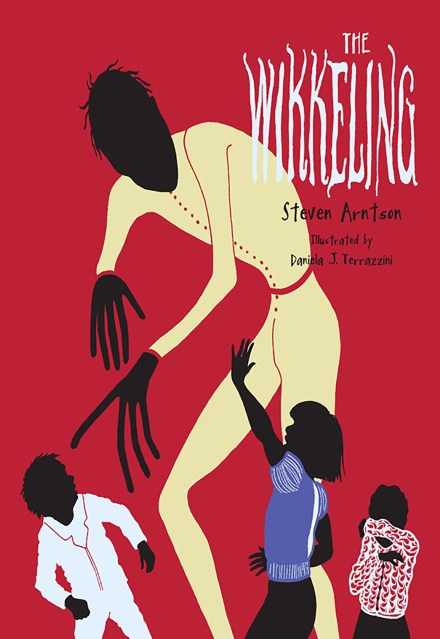The Wikkeling
Contributors
Formats and Prices
Price
$9.99Price
$12.99 CADFormat
Format:
ebook $9.99 $12.99 CADThis item is a preorder. Your payment method will be charged immediately, and the product is expected to ship on or around June 14, 2011. This date is subject to change due to shipping delays beyond our control.
Also available from:
- On Sale
- Jun 14, 2011
- Page Count
- 240 pages
- Publisher
- Running Press Kids
- ISBN-13
- 9780762442492
Newsletter Signup
By clicking ‘Sign Up,’ I acknowledge that I have read and agree to Hachette Book Group’s Privacy Policy and Terms of Use







